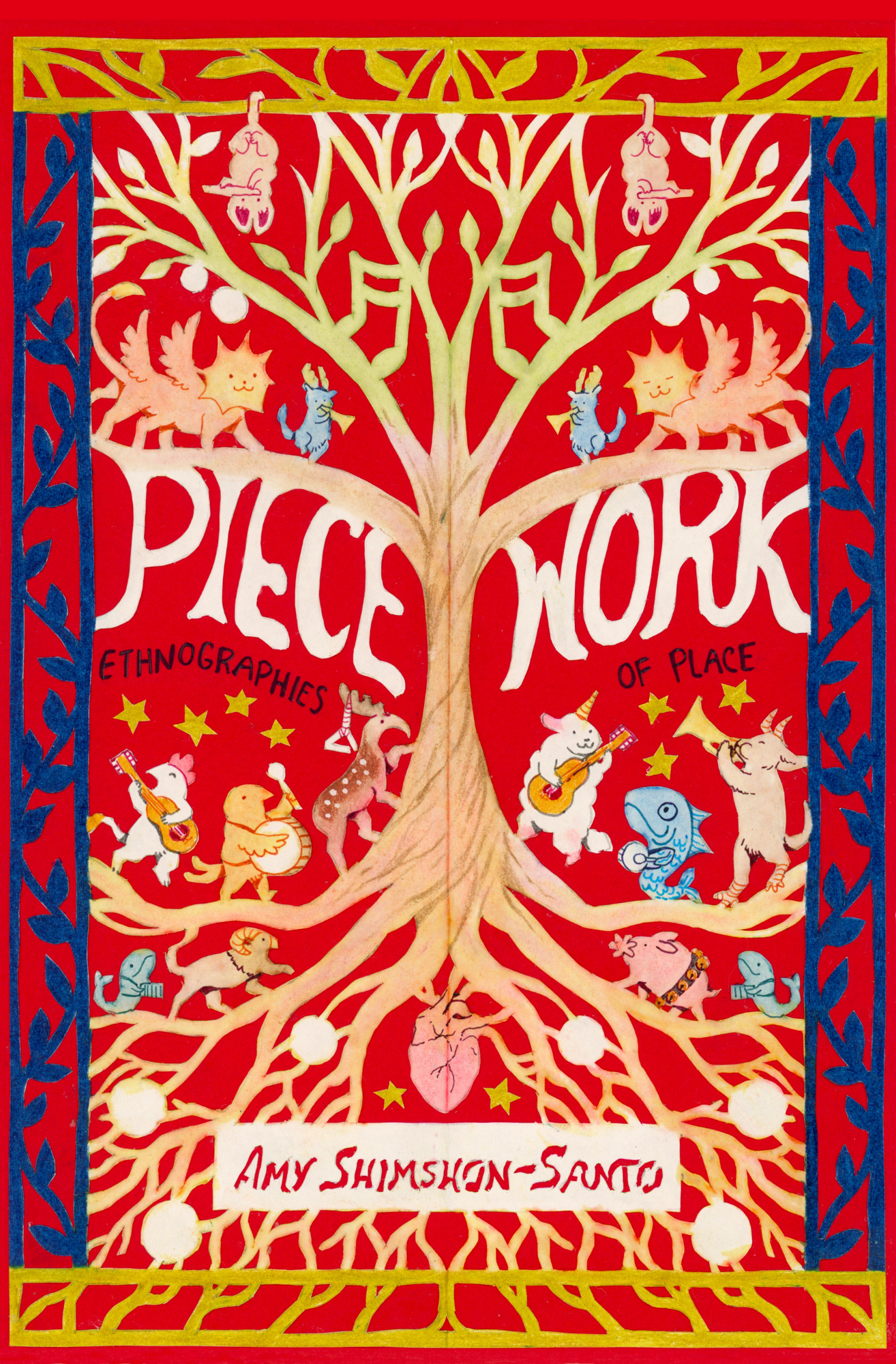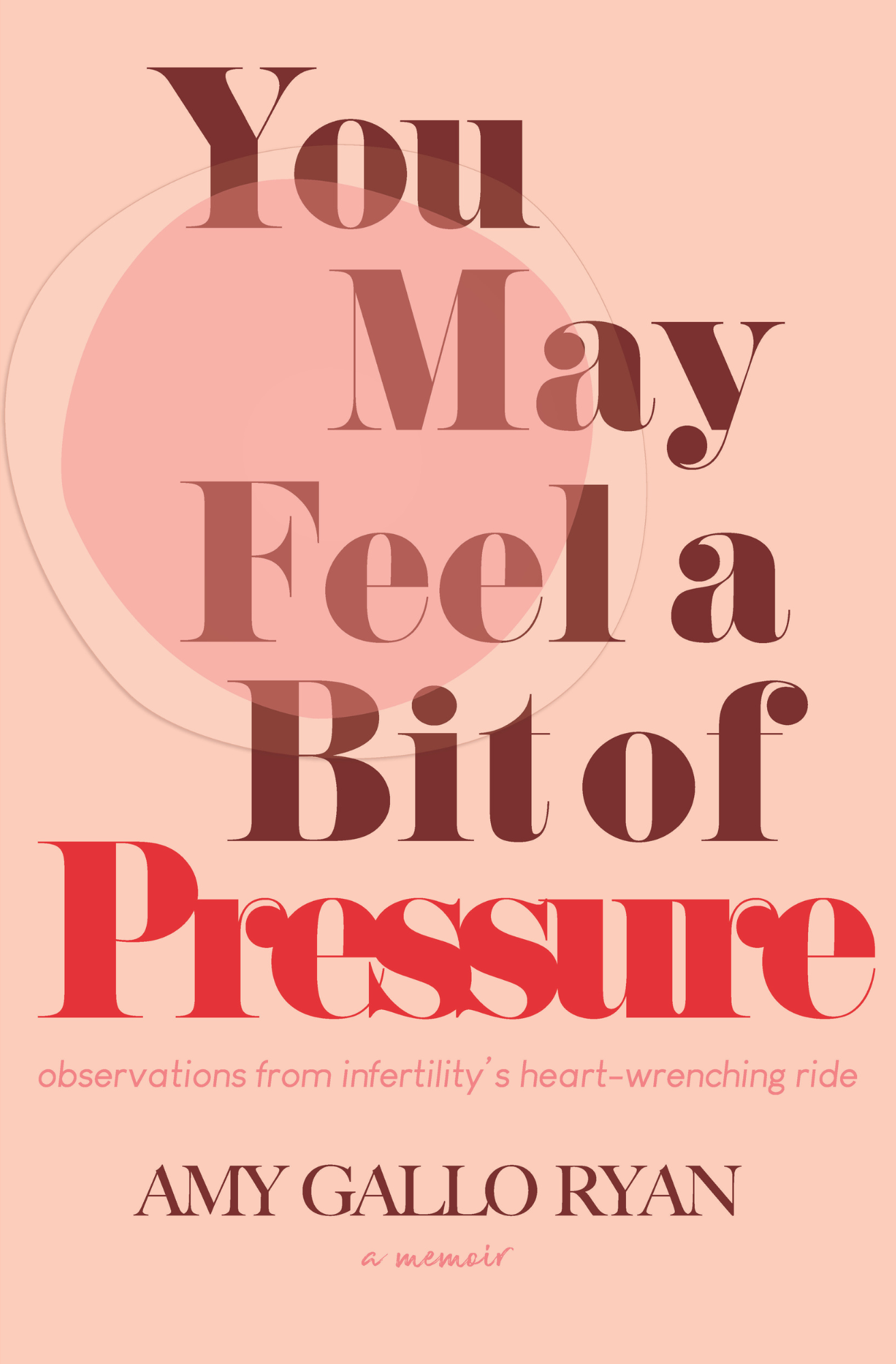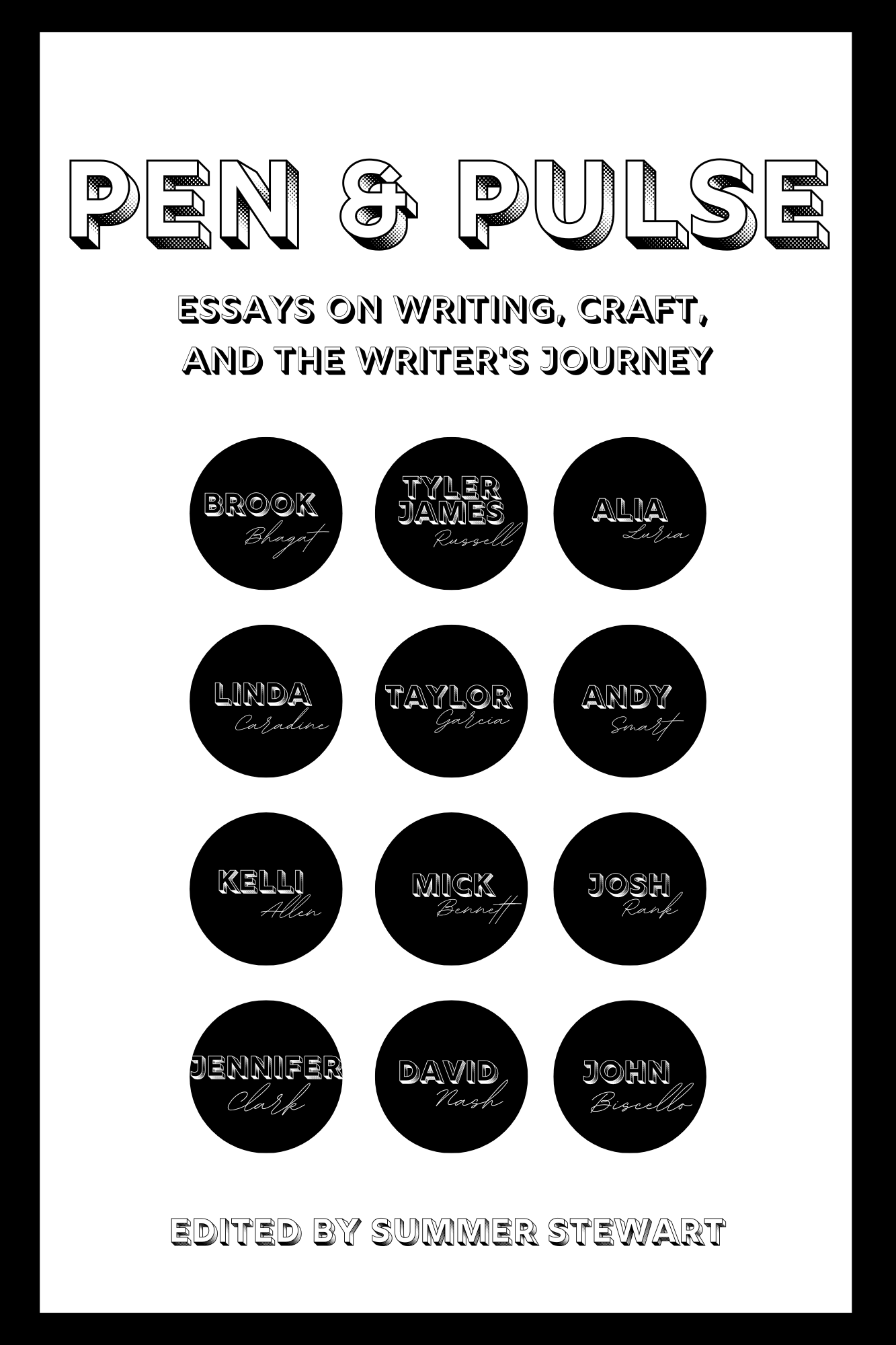PIECEWORK: ETHNOGRAPHIES OF PLACE
Piecework is a lively collection of intergenerational essays on how people create possibility and place through the arts, culture, and heritage. Women and children play central roles in these ethnographies and autoethnographies. Their stories and struggles, ideas and breakthroughs, affirm the exponential power of families, schools, and communities to shape their own destinies through creative action. We learn that change is a collective endeavor, shaped on the ground, with the people we know and the communities we cherish.
The book is structured into three themes: classrooms, communities, and migrations. The essays on schooling include hard-to-find ethnographies from artivist classrooms serving children and teens. We first meet the author as a somatic child, then witness her as a mother collaborating with children and adults through innovative arts education projects. Classrooms become spaces for critical thinking and joyful contestation using design, dance, music, or poetry. Public schools mobilize faculty and leverage local resources to bring theater, costume, design, and painting within reach. Multiple settings and scenarios reveal how the arts can be integrated into studying almost anything, while inviting young people to be seen and heard while thinking imaginatively and empathetically. The essays about community focus on youth activists, adult leaders, and path breaking women ancestors. Teens alchemize pain into power as storytellers and advocates. Curators and artists rewrite history to honor a musical matriarch. Community arts leaders gather across neighborhoods to share strategies for spatial justice in the context of gentrification. The essays on migration take a historical turn as the author digs into ancestral archives for clues about her family’s activism, migration stories, and refugee experiences. She unearth’s stories of community organizing, art making, and resilience. The book includes provocative interviews about writing, freedom, and women’s authorship with cultural promoters in Nigeria and Brazil. Piecework concludes with a pep talk for future culture makers.
Piecework is a lively collection of intergenerational essays on how people create possibility and place through the arts, culture, and heritage. Women and children play central roles in these ethnographies and autoethnographies. Their stories and struggles, ideas and breakthroughs, affirm the exponential power of families, schools, and communities to shape their own destinies through creative action. We learn that change is a collective endeavor, shaped on the ground, with the people we know and the communities we cherish.
The book is structured into three themes: classrooms, communities, and migrations. The essays on schooling include hard-to-find ethnographies from artivist classrooms serving children and teens. We first meet the author as a somatic child, then witness her as a mother collaborating with children and adults through innovative arts education projects. Classrooms become spaces for critical thinking and joyful contestation using design, dance, music, or poetry. Public schools mobilize faculty and leverage local resources to bring theater, costume, design, and painting within reach. Multiple settings and scenarios reveal how the arts can be integrated into studying almost anything, while inviting young people to be seen and heard while thinking imaginatively and empathetically. The essays about community focus on youth activists, adult leaders, and path breaking women ancestors. Teens alchemize pain into power as storytellers and advocates. Curators and artists rewrite history to honor a musical matriarch. Community arts leaders gather across neighborhoods to share strategies for spatial justice in the context of gentrification. The essays on migration take a historical turn as the author digs into ancestral archives for clues about her family’s activism, migration stories, and refugee experiences. She unearth’s stories of community organizing, art making, and resilience. The book includes provocative interviews about writing, freedom, and women’s authorship with cultural promoters in Nigeria and Brazil. Piecework concludes with a pep talk for future culture makers.
Piecework is a lively collection of intergenerational essays on how people create possibility and place through the arts, culture, and heritage. Women and children play central roles in these ethnographies and autoethnographies. Their stories and struggles, ideas and breakthroughs, affirm the exponential power of families, schools, and communities to shape their own destinies through creative action. We learn that change is a collective endeavor, shaped on the ground, with the people we know and the communities we cherish.
The book is structured into three themes: classrooms, communities, and migrations. The essays on schooling include hard-to-find ethnographies from artivist classrooms serving children and teens. We first meet the author as a somatic child, then witness her as a mother collaborating with children and adults through innovative arts education projects. Classrooms become spaces for critical thinking and joyful contestation using design, dance, music, or poetry. Public schools mobilize faculty and leverage local resources to bring theater, costume, design, and painting within reach. Multiple settings and scenarios reveal how the arts can be integrated into studying almost anything, while inviting young people to be seen and heard while thinking imaginatively and empathetically. The essays about community focus on youth activists, adult leaders, and path breaking women ancestors. Teens alchemize pain into power as storytellers and advocates. Curators and artists rewrite history to honor a musical matriarch. Community arts leaders gather across neighborhoods to share strategies for spatial justice in the context of gentrification. The essays on migration take a historical turn as the author digs into ancestral archives for clues about her family’s activism, migration stories, and refugee experiences. She unearth’s stories of community organizing, art making, and resilience. The book includes provocative interviews about writing, freedom, and women’s authorship with cultural promoters in Nigeria and Brazil. Piecework concludes with a pep talk for future culture makers.
About AMY SHIMSHON-SANTO
Dr. Amy Shimshon-Santo is an interdisciplinary artist and educator who believes that creativity is a powerful tool for personal and social transformation. She was born on Tovaangar land in current day Los Angeles, and has immediate family in the Southwest, the Middle East, and South America. Her art and community work nourish inclusive cultural ecologies for planetary justice.
Amy is the author of Random Experiments in Bioluminescence (Flowersong Press, 2024), Catastrophic Molting (Flowersong Press, 2022), Even the Milky Way is Undocumented (Unsolicited Press, 2020), and the limited edition chapbook Endless Bowls of Sky (Placeholder Press, 2020). Her essays have appeared in numerous academic journals including Geo Humanities, Urban Education; Education, Citizenship, and Social Justice, and more. She has amplified community voices by editing anthologies including: Corpos, gêneros e literatura de autoria feminina with Ana Rita Santiago and Tatiana Pequeno (Revista de Crítica Cultura, 2023); Consciousness for Libretto Publishers (Nigeria, 2024); Et Al.: New Voices in Arts Management with Genevieve Kaplan (IOPN, 2020); and Arts = Education (UC Press, 2010). Amy co-lead led the equity policy work group for California’s Blueprint for Creative Schools and co-wrote the section of the report on Diversity, Equity, and Inclusion with Dr. Mary Stone Hanley.
Earlier in her career, she co-founded the Brasil Brasil Cultural Center and toured extensively performing with the Ballet Folclórico do Brasil. Later, she directed academic programs at UCLA (ArtsBridge Program) and Claremont Graduate University (Arts Management Program). Her educational career has touched research universities, K-12 schools, community centers, and spaces of incarceration. She earned a Ph.D. and M.A. in Urban Planning from UCLA, an M.F.A. in Creative Writing from Antioch, and a B.A. in Latin American Studies from UC Santa Cruz.
Committed to translocal cooperation, she has been a guest artist and speaker with UNESCO in Mexico, UNEB in Brazil, the PaGya! Literary Festival in Ghana, and the Lagos International Poetry Festival in Nigeria. She has performed and taught throughout the Americas, Africa, and Asia.
She has been nominated for an Emmy Award, three Pushcart Prizes in poetry and creative nonfiction, a Rainbow Reads Award, Best of the Net in Poetry, and was a finalist for the Nightboat Book Poetry Prize. She has been recognized on the National Honor Roll for Service Learning in the United States.
-
Genre: Nonfiction (Essays)
ISBN: 978-1-963115-29-1
Publication Date: November 18, 2025






